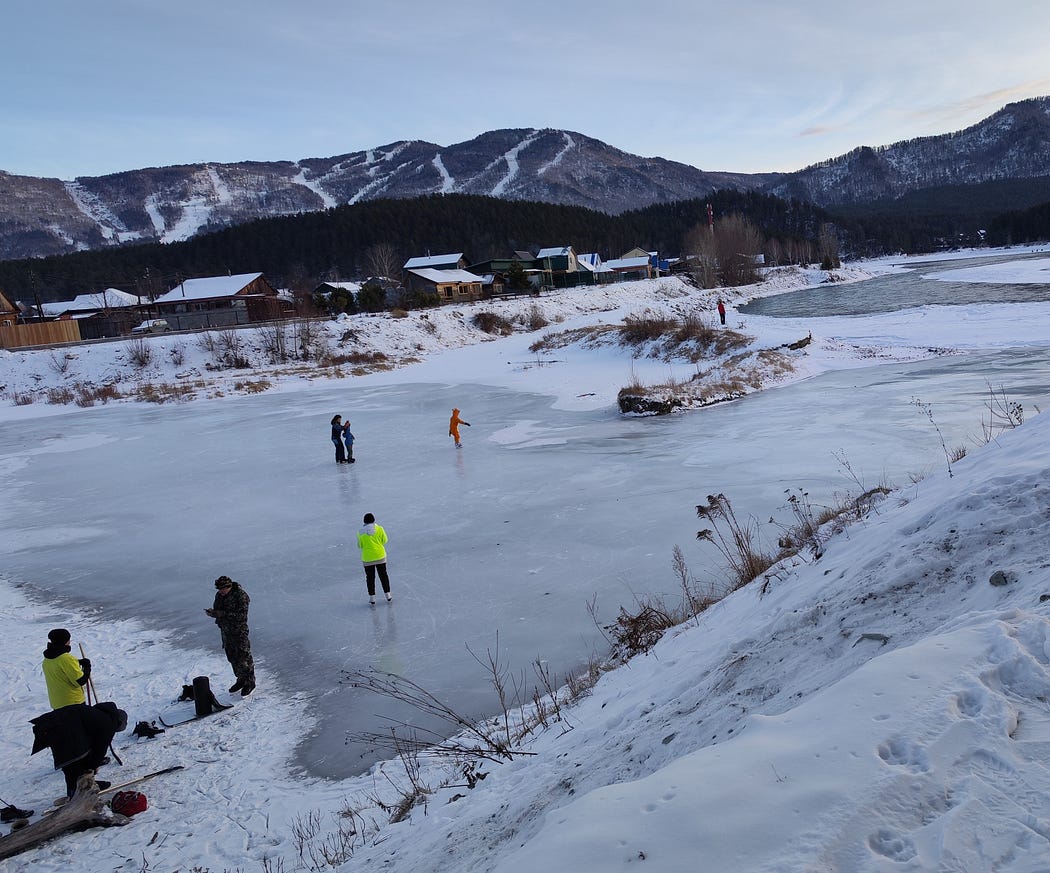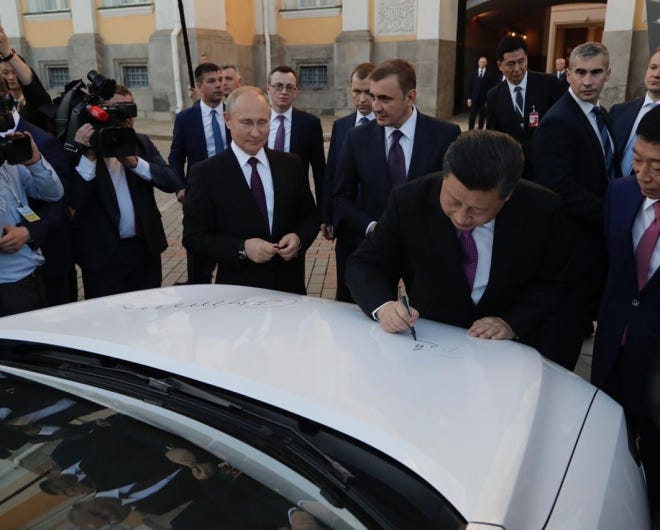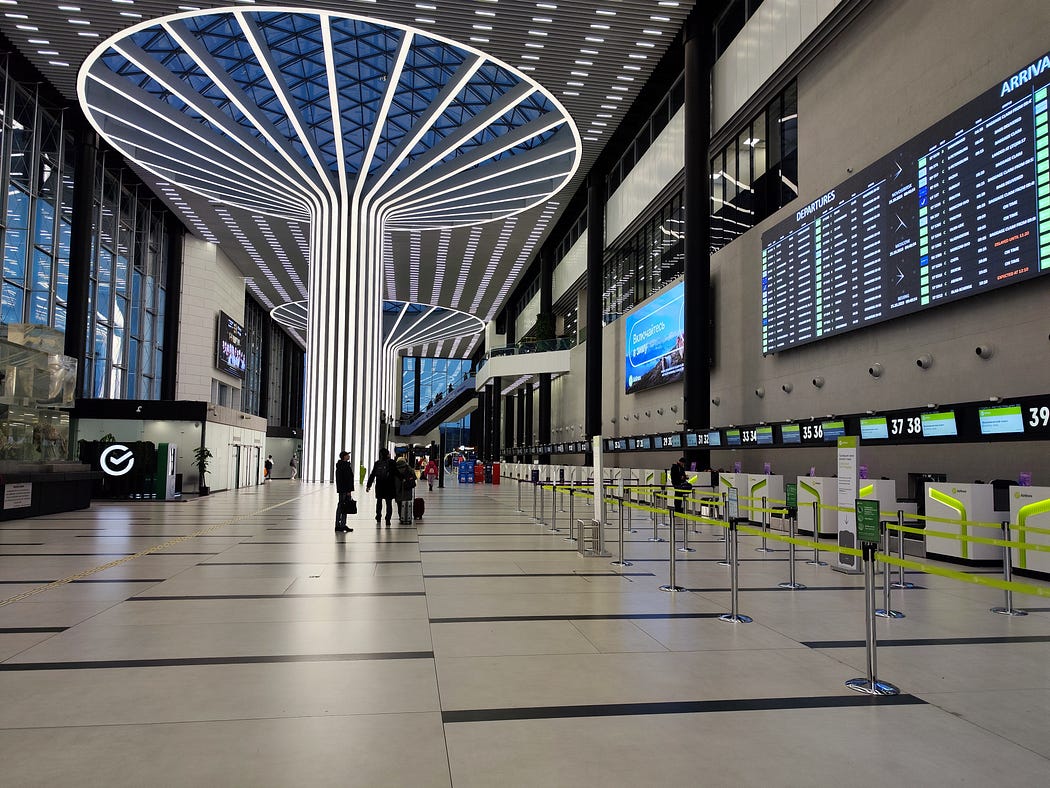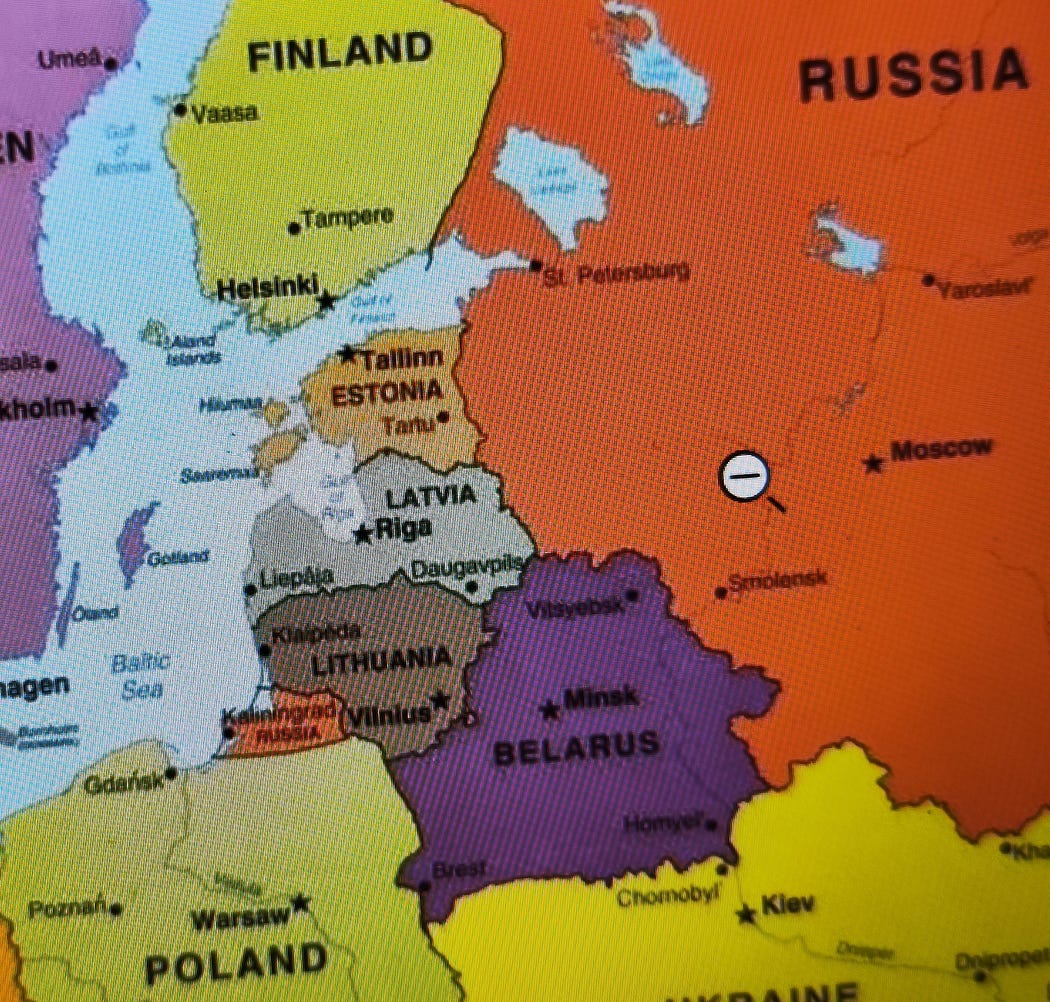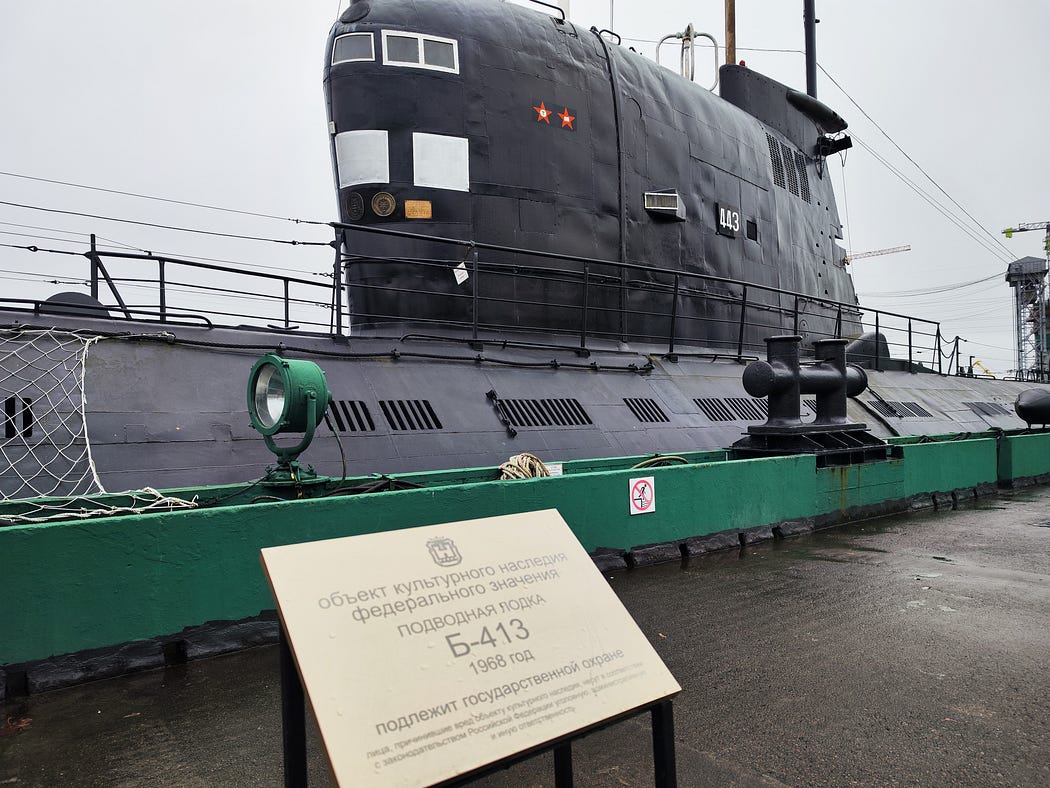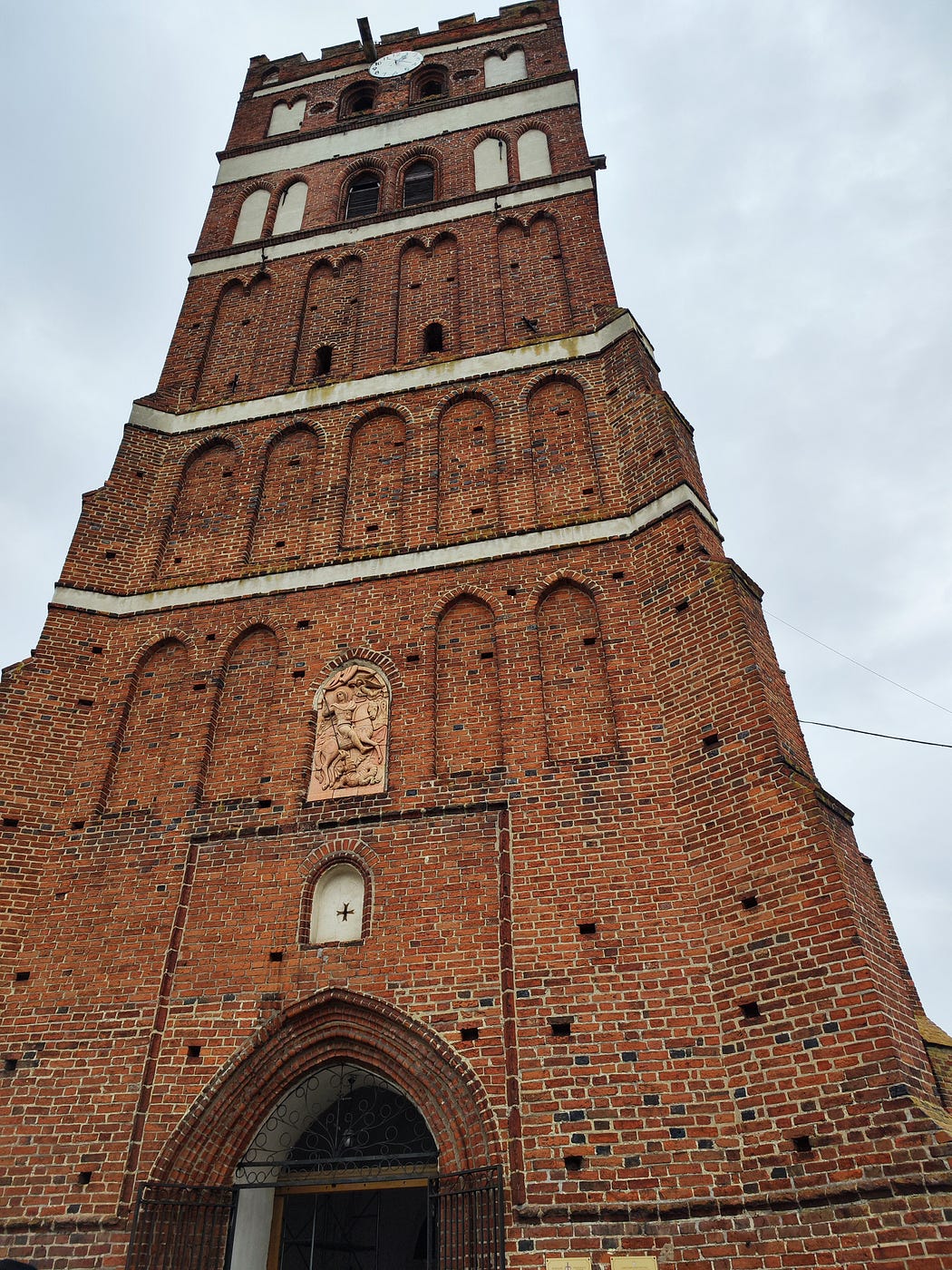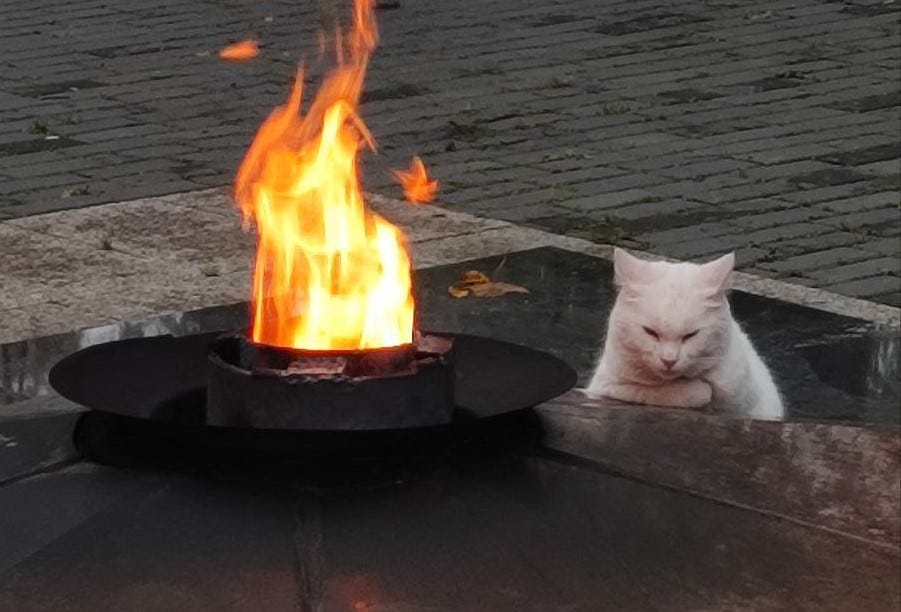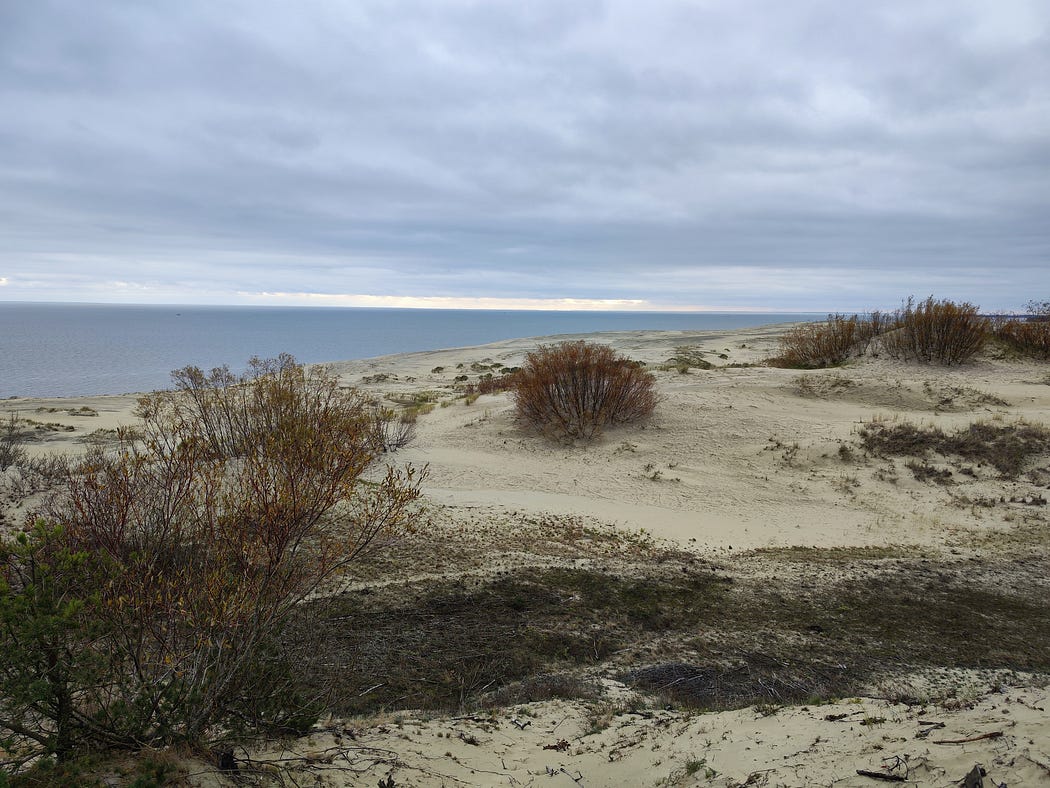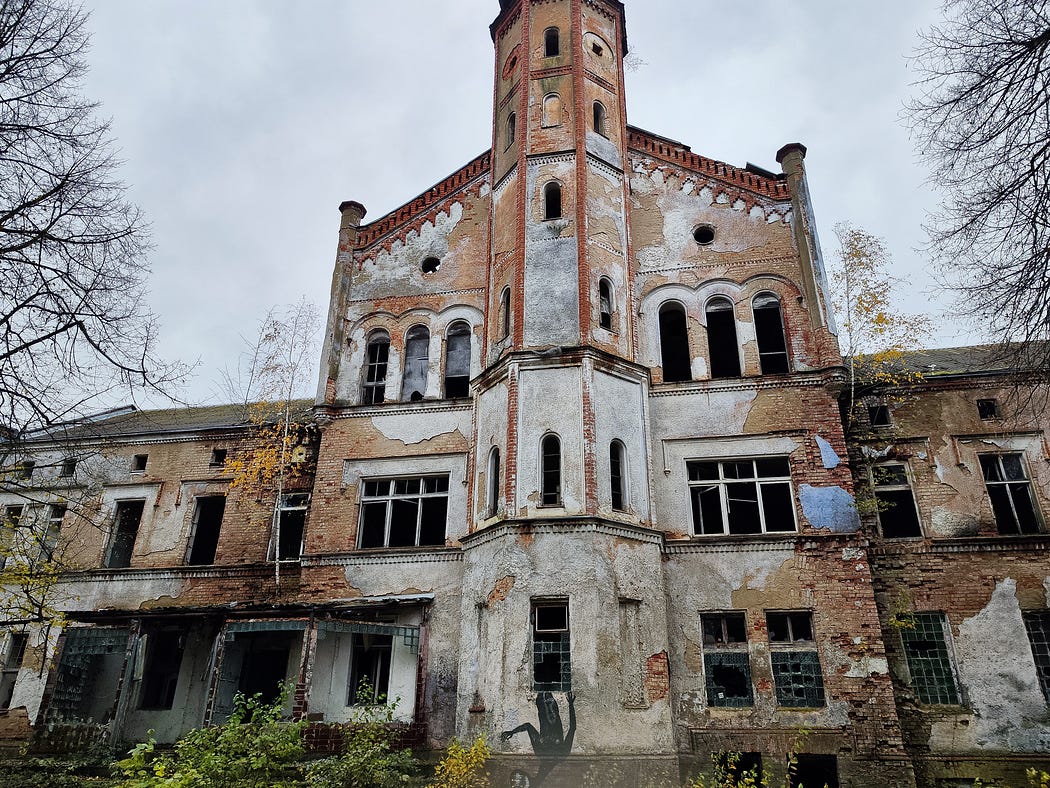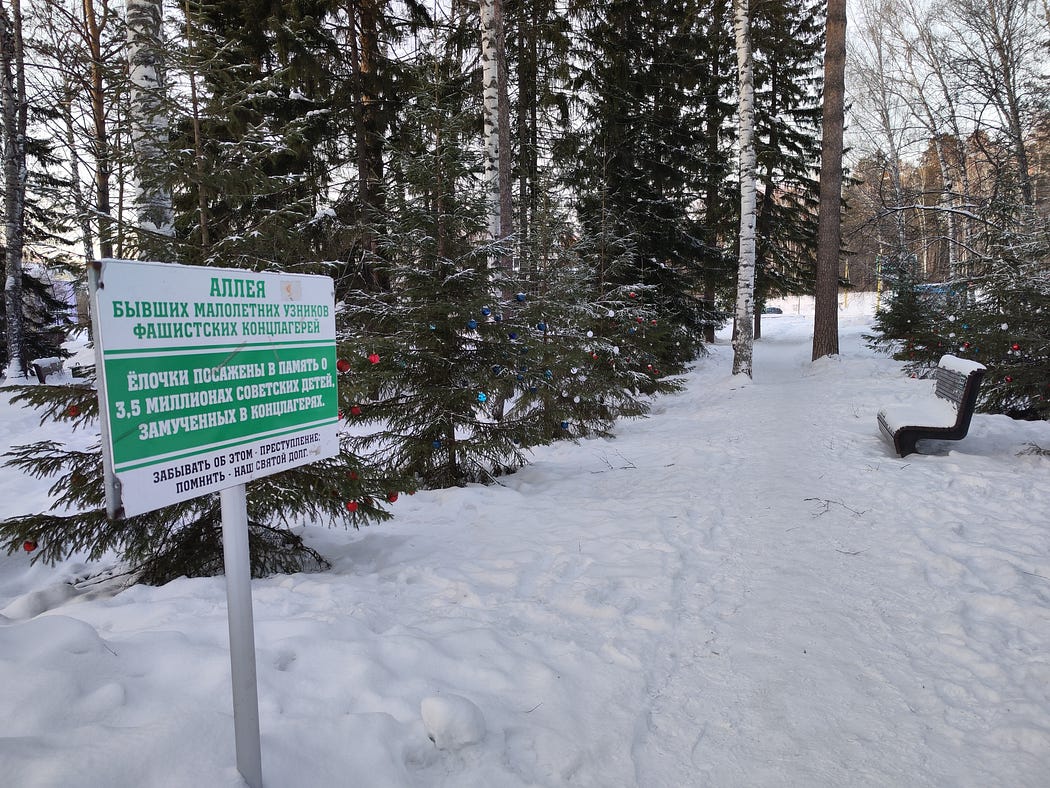By Krishen Mehta, ACURA, 2/23/24
Lucius Annaeus Seneca (4 BC–65 AD) was a Stoic philosopher of ancient Rome and tutor to emperors. Known for his philosophic works and essays dealing with thorny moral and political issues, Seneca used philosophy as a compass to navigate the challenging terrain of life. Recently, as I was reading a new translation of Sentences from Seneca, it struck me that some of Seneca’s teachings may apply to the tragic conflict that is still unfolding in Ukraine. In the spirit of bringing the wisdom of the past to bear on the present, I offer four of Seneca’s sentences as ways of illuminating the problems of the war.
Teaching 1: It is not he who has too little, but who craves more, who is poor
On Sept 7, 2023, NATO Secretary General Jens Stoltenberg told the European Parliament that President Putin’s invasion of Ukraine was “to prevent more NATO” expansion along Russia’s borders. This was essentially an admission that the war could have been avoided if the West had agreed to Russia’s repeated requests not to expand NATO into Ukraine.
In spite of promises made to Gorbachev that NATO would not expand “one inch to the East” if Russia allowed for Germany to be unified, the expansion into Eastern Europe that began under President Clinton only sped up under his successors. Yet the Western powers felt that even the incorporation of Poland and the Baltic states into NATO wasn’t enough — Ukraine had to come next. But has NATO expansion made the world safer and more peaceful? Or has it made it poorer, less safe, and more confrontational?
Perhaps Seneca was right: it is he who craves more who is poor.
Teaching 2: Reason wishes its judgment to be just. Anger wishes its judgment to appear just.
Vladimir Putin reasons that, although the territory of present-day Ukraine has a long history, Russia and Ukraine are like Slavic brothers who “share the same soul.” Left-bank Ukraine (east of the Dnieper River) was already incorporated into the Tsardom of Russia in 1667 under the Treaty of Andrusovo. Parts or all of Ukraine remained within the Russian Empire or the USSR through the early 1990s. Allowing Ukraine, formerly an integral part of its empire, to become part of a hostile military alliance right at its border was not something Russia could accept. For that reason, its leaders felt that the special military operation was both just and necessary.
The West, for its part, also wants to justify its response to the war in which billions have been spent, hundreds of thousands of lives lost, and various economies forced into decline. Even though Ukraine has fought valiantly, the war has shattered the established global order, and the countries of the world are more divided than ever before.
US President Joe Biden, at a press conference with the Finnish President on July 13, 2023, said that “Putin’s already lost the war. There is no possibility of him winning the war in Ukraine.” US Secretary of State Antony Blinken has made similar statements to the effect that “Putin was trying to erase Ukraine from the map, subsume it into Russia, and that has already been a failure.” Maybe, for the sake of global peace, we can concede victory to the West, agree to an armistice-like arrangement based on the current territorial realities, negotiate Ukraine’s neutrality for the foreseeable future, and end this conflict. In this manner, improvising on Seneca’s insight from over two thousand years ago, those who feel just and those who wish to appear just can both be satisfied.
Teaching 3: Those whom they have injured, they also hate.
Russia was attacked by Germany in World War I and suffered a major defeat at the Battle of Tannenberg in August 1914. Further setbacks fueled the Russian Revolution in 1917. The Russian Civil War followed, lasting until 1922, during which time various foreign factions intervened to determine Russia’s political future. Russia was attacked again less than 20 years later, this time by the Nazi war machine. Over 26 million Russians died in the war that ensued.
From Russia’s perspective, it was their sacrifice in World War II that ended up saving Western civilization by smashing almost 80% of Germany’s military force. In comparison, France lost about 600,000 lives and the US only about 400,000. It would be little exaggeration to say that no country experienced more pain, injury, and suffering than Russia did during the Second World War.
Yet after the end of the Cold War, Western powers stifled or denied Russia’s efforts to integrate with their economies. Russia’s offer to join NATO was rejected. Its leaders experimented with capital reforms, as advised by the West, but without the financial support needed for the reforms to succeed, their economy went into a free fall. Living standards collapsed.
Do Western leaders have compassion or understanding for what Russia experienced in World War II and thereafter? No — in fact, Russophobia has never been more widespread in the West than it is right now. Why? Maybe Seneca could tell us: those whom they have injured, they also hate.
Teaching 4: Nothing is ours but time…and time discloses the truth.
No one knows how this war will end. For Ukraine, almost an entire generation has been traumatized, either killed or wounded in battle or forced into exile as refugees. Russia has also suffered painful military and economic losses. One day, historians will write about how the war started, whether it was truly unprovoked, the security guarantees that could have been negotiated while there was still time, the missed opportunity for peace in Istanbul in April, 2022, and how the war changed our world.
Meanwhile, two years into the conflict, we are at a crossroads. Time will test Russia’s belief that this is a civil war and fratricidal conflict that has divided families and friends and relatives. Time may also tell if the war could still have happened without the maleficent, intrusive behavior of the Western powers. And time will tell how the people of Ukraine will survive in a postwar future, living at peace with their fraternal family. If one believes in God, one must believe in the power of healing.
As Seneca says, nothing is ours but time…and time discloses the truth.
Krishen Mehta is a former partner at PwC and now a Senior Global Justice Fellow at Yale University
